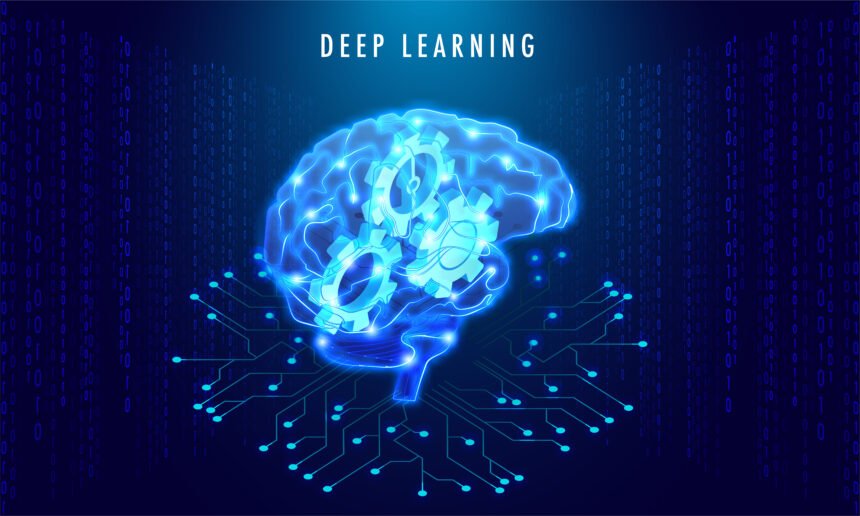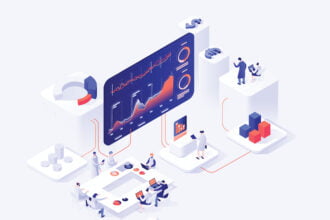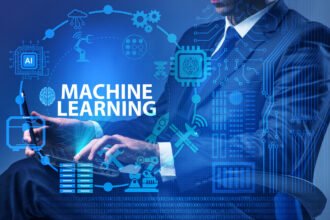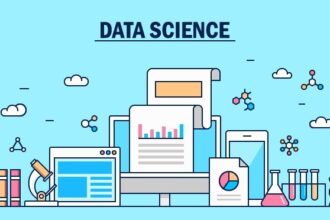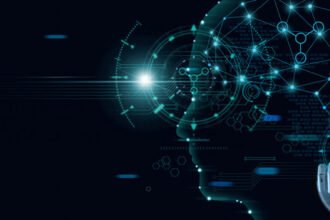Although there are plenty of tech jobs out there at the moment thanks to the tech talent gap and the Great Resignation, for people who want to secure competitive packages and accelerate their software development career with sought-after java jobs, a knowledge of deep learning or AI could help you to stand out from the rest.
The world of technology is changing at an alarming rate, and AI is something that those in the tech world must embrace and move with in order to stay in the game. So, can using deep learning to write code help you to stand out as a software developer?
What is Deep Learning?
Deep Learning is a concept that first arose in 2006, with Geoffrey Hinton’s DNNs (Deep Neural Networks) training concept. The learning potential of deep learning was further demonstrated by AlphaGo in 2016 and, today, it is used increasingly to create high level software engineering (SE) tools. In a nutshell, deep learning teaches machines and robots to “think” like humans and to learn by example.
Deep learning is achieved when data is run through layers of neural network algorithms. At each layer, information is processed and simplified before being passed onto the next. As such, there is space for deep learning to enable a machine or robot to “learn” information about data that has a few hundred features. However, if information has a large volume of features or columns, or if data is unstructured, the process become prohibitively cumbersome.
Using deep learning to write code
Any software developer will be able to tell you that it can take years to learn to write computer code effectively. Akin to learning another language, coding requires absolute precision and a deep understanding of the task at hand, and how to achieve the desired response.
If deep learning allows a robot or machine to think and learn across a specific set of data in the same way that humans can, there is potential for the process of creating code to be vastly simplified by AI, or deep learning.
Across industries, there is a current of fear that AI will take over our jobs. From content writers to coders, murmurings that AI might one day be able to do what we do, in a fraction of the time, is either concerning or an unrealistic possibility, depending on the type of person that you are.
Exercising caution
While deep learning most certainly has its place within the advancing world of software development, at the present time, it is still vital that the process is undertaken by a software developer who uses deep learning or AI to assist in the process. As with many ground-breaking technological advances, although the potential may be clear, blind faith could lead to significant problems, including breaches in security. Just as a human can make errors in judgement, so can AI. And in the case of deep learning, the information learnt through the process is only as good as its original data source; one small anomaly or lapse in quality could lead to significant coding errors.
Another drawback of deep learning to write code is that, if the code has not been originated by a software developer, they could be at risk of committing plagiarism. After all, if your deep learning algorithms learn a set of processes, it stands to reason that, given the same data, someone else’s will, too.
Achieving the balance
In a fast-moving world, it always pays to have a knowledge of the latest advances, so that they can be explored to their limits while future proofing processes. It is possible to offset the risks of code creation via deep learning by implementing an effective review process which could include code quality testing through all stages of development or assigning a larger team to undertake review processes. What is clear is that vigilance is important; while deep learning undoubtedly has huge potential in making coding and software development more effective, unlike humans, AI isn’t accountable to a team and could make potentially catastrophic errors if entirely unsupervised.
Conclusion
When it comes to writing code, deep learning can help you to produce more accurate code, more quickly. Therefore, it is of clear benefit for a software developer to be able to, or at least open to, using deep learning to write code. Failure to do so could result in being left behind as the industry continues to move forwards at a remarkable pace. However, deep learning isn’t the be all and end all for those looking to develop their software career.
In order to secure competitive python or java jobs, it is necessary to have a strong skillset as well as a broader understanding of what the future of coding may hold. One way to determine what skills it is worth investing in gaining is to work with a tech recruiter, who will have a good feel of what organizations in the industry expect today, and what they are likely to demand of their employees in the future.


